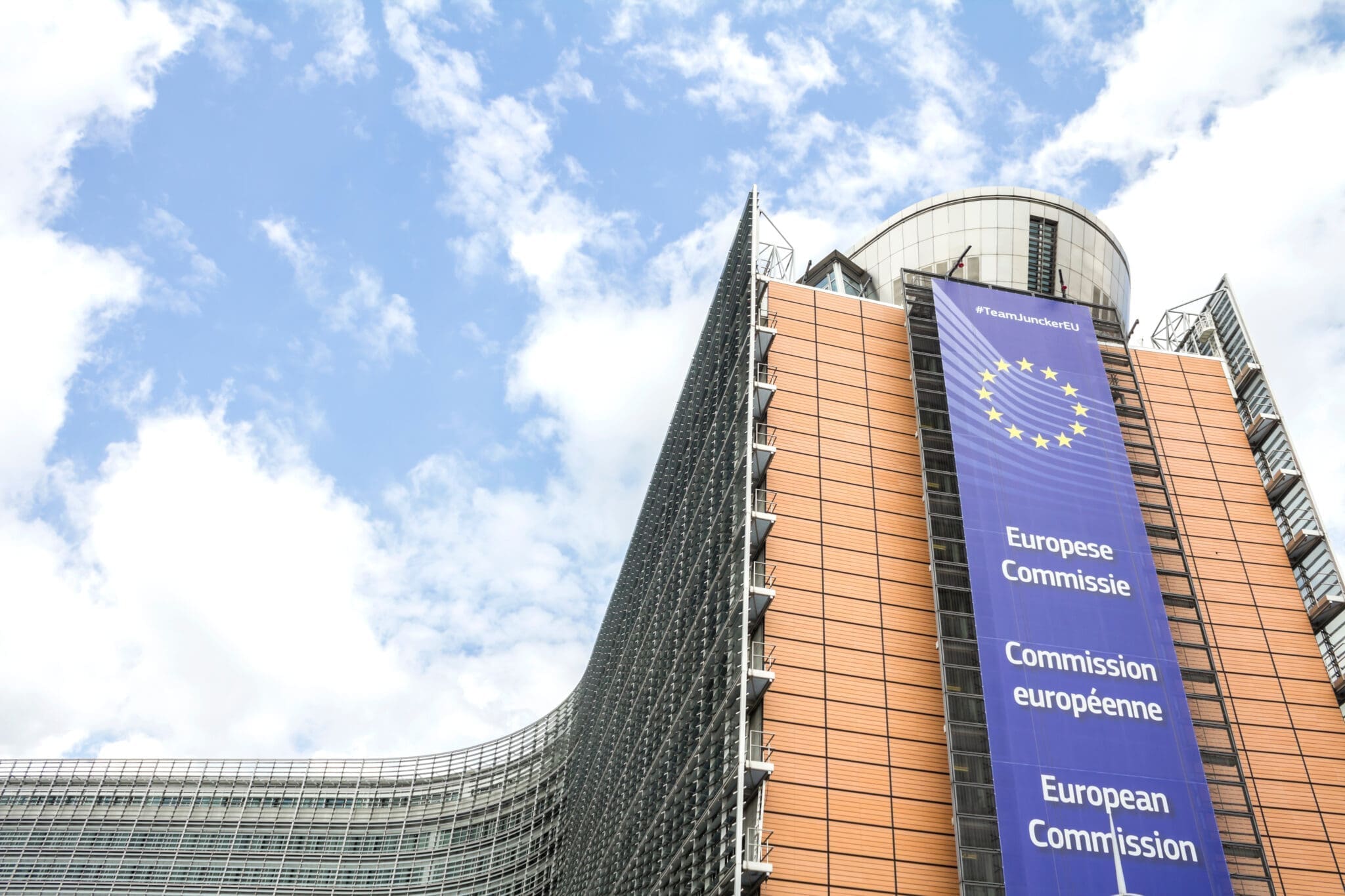EU Regulation on Deforestation-Free Supply Chains (also known as EU DR) comes into force in December 2025 as part of the EU’s broader strategy to address climate change and promote sustainability.
Here we take a detailed look at some of challenges that compliance with the EUDR presents for businesses that are required to comply.
1. Supply Chain Transparency
- Complex Supply Chains: Many products covered by the regulation, such as cocoa, coffee, and timber, have intricate and often opaque supply chains that involve multiple layers of suppliers and intermediaries. Tracing the origin of these products back to their source and ensuring that they are deforestation-free can be challenging.
- Geolocation Data: The requirement for geolocation data to verify that products are sourced from non-deforested areas can be difficult to meet, especially in regions where such data is not readily available or reliable and where language creates barriers to communication and engagement.
The Achilles approach enables information to be collected from even the most remote and unconnected suppliers. Achilles goes direct to suppliers, enagaging in their own language, has teams of validators in global locations and people on the ground to check and verify the information being provided.
2. Due Diligence and Verification
Resource Intensity: Conducting thorough due diligence to ensure compliance with deforestation-free requirements can be resource-intensive. It involves auditing suppliers, verifying documentation, and often implementing new systems or technologies for tracking and verification.
Risk of Inaccurate Data: Ensuring the accuracy of data provided by suppliers can be challenging. Inaccurate or incomplete information can lead to non-compliance, even if the company has made a genuine effort to adhere to the regulations.
Achilles has the global reach and the economies of scale to enable businesses to meet EU DR obligations without impacting inhouse teams. Across 18 locations worldwide, Achilles provides the on the ground supplier support, data collection, validation and audit services EU DR requires.
3. Cost Implications
Financial Burden: Compliance can entail significant costs, including investments in new technologies for tracking and reporting, hiring consultants, and conducting audits. For smaller companies, these costs can be particularly burdensome.
Operational Disruptions: Implementing new compliance measures and adjusting supply chain practices can lead to operational disruptions and increased complexity, impacting overall business efficiency.
Achilles offers a cost-effective solution to the challenge of EUDR compliance. The Achilles system uses a network approach that enables supplier data and, therefore, the financial burden of compliance, to be shared.
4. Supplier Engagement
Supplier Cooperation: Engaging with suppliers to gather necessary data and ensure compliance can be challenging, especially if suppliers are not accustomed to or do not have the resources to meet these requirements.
Capacity Building: In many cases, suppliers, especially in developing countries, may need assistance to comply with the new standards. This can involve providing training, resources, and support, which adds another layer of complexity to the compliance process.
Achilles supports suppliers to address issues through structured advice and improvement programmes, working with them to build more sustainable supply chains and minimise disruption in the supply chain.
5. Regulatory Complexity and Variation
Evolving Regulations: The regulatory landscape is subject to change, and keeping up with updates and amendments to the regulations can be challenging. Companies must stay informed about any changes and adapt their compliance strategies accordingly.
National Variations: Different EU member states might have variations in how they enforce the regulations, leading to potential inconsistencies and challenges in compliance across different jurisdictions.
Achilles continuously monitors global supply chain regulation and adapts systems and processes to ensure that global clients can remain compliant as requirements change and evolve – all via a single, highly efficient supply chain risk management process.
7. Data Management and Technology
Integration Issues: Integrating new compliance and tracking systems with existing business operations can be complex and require significant changes to IT infrastructure.
Data Security: Handling and storing sensitive data related to supply chains and compliance can raise data security concerns, requiring robust measures to protect against breaches and misuse.
Achilles is offers strong data security and is designed to integrate seamlessly with existing business systems, making it easier for companies to incorporate compliance management into their current workflows. Whether it’s integrating with ERP systems or other supply chain management tools, Achilles enhances operational efficiency without requiring significant changes to existing processes.
Compliance with the EU Deforestation-Free Supply Chains Regulation involves navigating a complex landscape of supply chain transparency, due diligence, and regulatory requirements. The challenges include ensuring accurate traceability, managing costs, engaging suppliers, and adapting to evolving regulations. Addressing these challenges requires a strategic approach, investment in technology and processes, and effective collaboration with suppliers and stakeholders.
Achilles provides a global solution to meet EUDR and other supply chain compliance and risk management requirements in one highly efficient solution. Speak to us about how we can help you with EUDR compliance.
Further reading:


